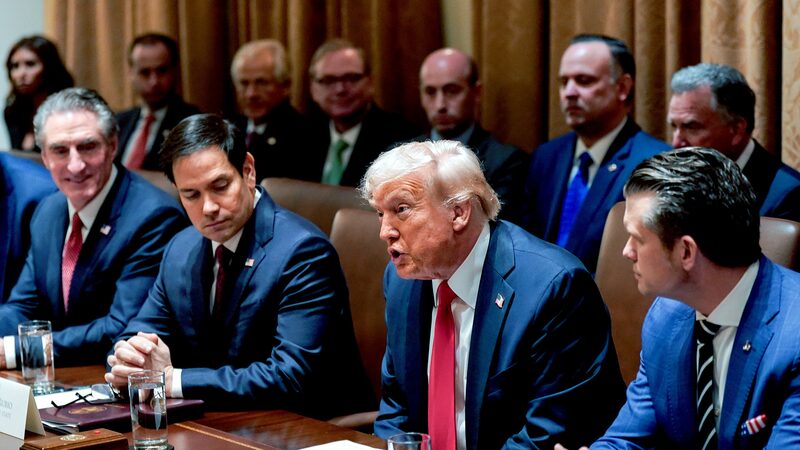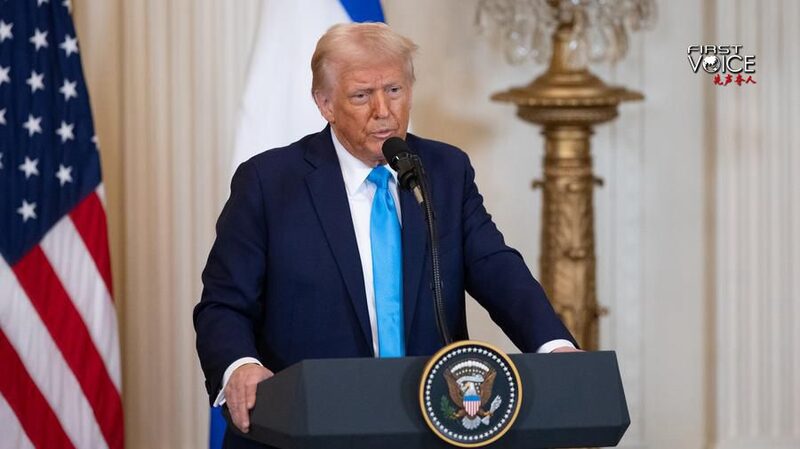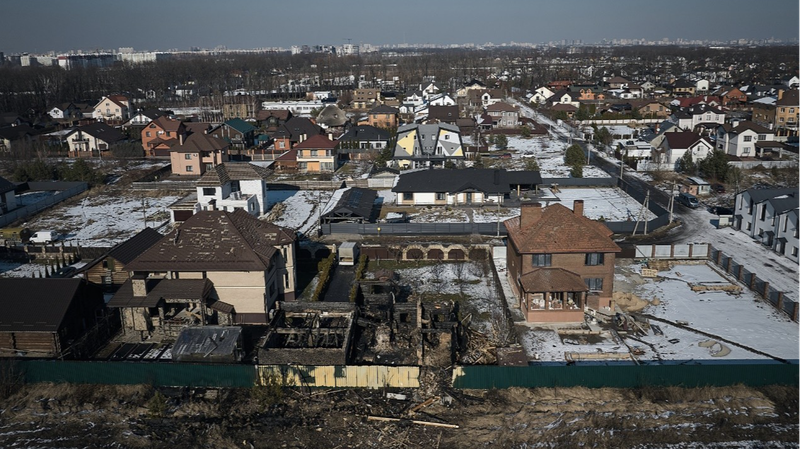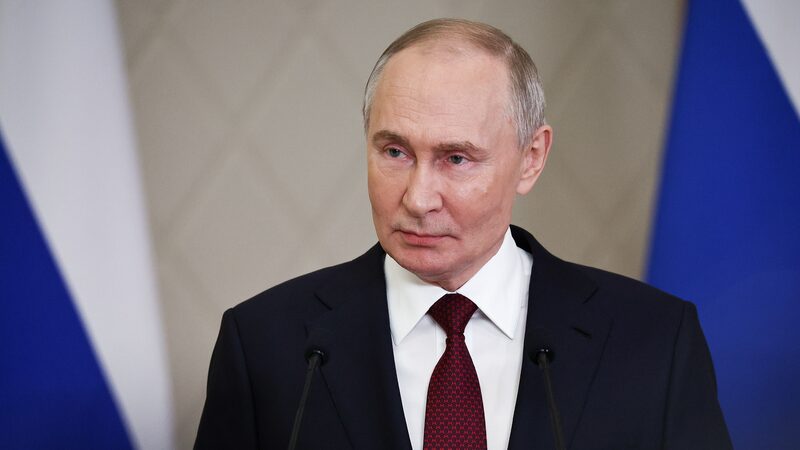Since taking office, Donald Trump's foreign policy has deviated from traditional diplomatic norms, straining relationships with key allies, particularly in Europe. His \"America First\" doctrine prioritizes unilateral action and transactional deals over multilateral cooperation, weakening Western unity and raising doubts about the U.S.'s commitment to collective security and democratic values.
One of the most striking examples of this shift is Trump's stance on Ukraine. While past administrations strongly backed Kyiv, Trump's skepticism toward U.S. involvement has alarmed allies. His public denouncement of President Zelensky as a \"dictator\" and claim that Ukraine \"started the war\" starkly contrast with long-standing U.S. policy.
Beyond Ukraine, Trump's overtures to Moscow and exclusion of European allies from key U.S.-Russia talks have heightened concerns about the reliability of American security commitments. European leaders, increasingly skeptical of U.S. leadership, are advocating for greater \"strategic autonomy\" and boosting defense spending. Trump's repeated criticism of NATO and questioning of Article 5 have further strained transatlantic trust, fueling broader concerns about the weakening of Western unity.
This erosion of alliances extends beyond Europe, contributing to the broader decline of multilateral institutions. By prioritizing strongmen and transactional deals over international norms, Trump's foreign policy has accelerated the erosion of the post-war global order. As multilateral institutions struggle, global challenges such as climate change and trade disputes remain largely unaddressed. With the U.S. stepping back from its role as a guarantor of stability, global distrust has intensified, highlighting the need for more inclusive frameworks to tackle these crises.
Reference(s):
cgtn.com








